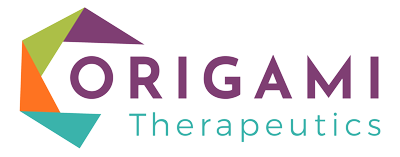Developing next-generation disease-modifying protein degraders and correctors
Developing next-generation disease-modifying protein degraders and correctors
Neurodegenerative Diseases
At Origami Therapeutics, we’re leading the creation of an entirely new way to treat disease through therapies that target and degrade disease-related proteins… learn more
How We’re Different
Protein Degradation
To selectively and efficiently degrade and remove disease-causing proteins while sparing normal forms of the protein.
Small Molecules
For broad distribution in the body and ease of manufacture.
Neurodegenerative Diseases
Alzheimer’s, Huntington’s, and Parkinson’s Diseases, Amyotrophic Lateral Sclerosis, and Frontotemporal Dementia
